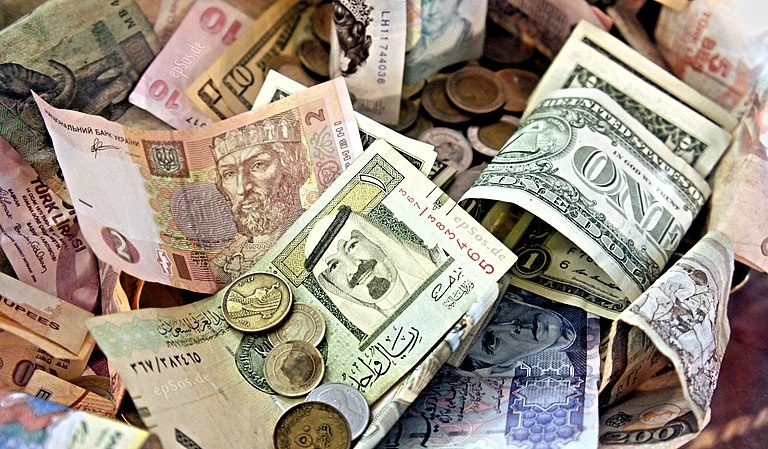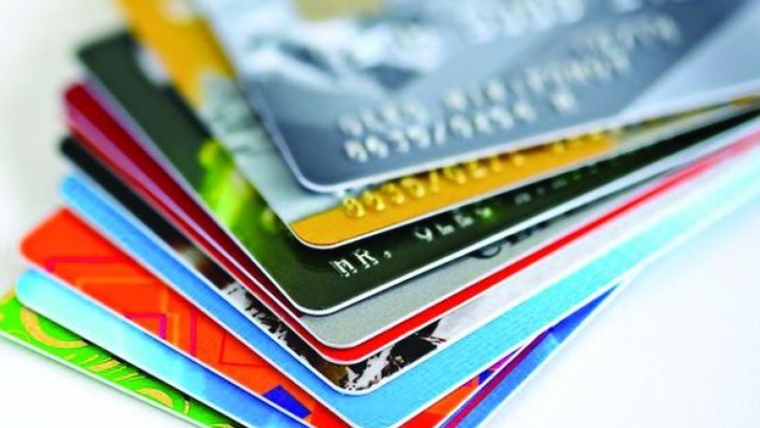Credit cards can be a great way to teach children about money management. Although the idea of putting a large sum of money in the hands of an emotionally disturbed adolescent may be frightening, a credit card can teach children a lot about financial security.
Credit cards allow teenagers to learn about finance while under the supervision of a responsible adult in a safe environment. Parents can benefit from establishing a few ground rules in advance, such as where the card can be used, what expenses can be charged, and the limits on each.
With the UAE’s high-octane lifestyle on display, temptation appeared around every corner and on every social media platform. With easy access to designer brands, pricey restaurants, and other attractions, it’s easy to overspend in the UAE.
Pros of Teenagers having Credit Cards in United Arab Emirates
Using a credit card in this type of supervised environment has several advantages for teenagers in the UAE.
Emergency Assistance

The most important reason for giving teens a credit card in the UAE – or anywhere else for that matter – is to ensure that they always have money in case of an emergency. A credit card can assist young people in paying for unexpected bills, such as car repairs, last-minute tuition payments, or uninsured medical visits.
Keep track of your financial expenses.

Giving a credit card to a teenager allows parents to keep track of their child’s spending. A quick glance at a teen’s monthly statement reveals his or her goals, allowing parents to intervene and prevent what could otherwise become a major problem. Knowing that their parents are watching over their finances serves as a deterrent for the child to spend money on prohibited products.
Experiential Learning

Learning lessons from personal experience, according to research, is more beneficial than simply receiving information or guidance. To put it another way, we learn through experience. Having a credit card teaches children about financial responsibility. They will learn how to make on-time payments, avoid debt, and maintain good credit.
Establish a Credit History

Individual credit ratings, which help lenders determine a person’s creditworthiness, were recently tracked in the UAE. Teenagers are given credit cards to encourage them to maintain a good credit history. This will help them in the future when applying for loans or paying rent.
Get Rewarded for Your Spending
Depending on the credit card, the primary account holder may also receive spending benefits in the form of cash back or air trip vouchers. Your adolescent’s purchases may increase your points balance.
Cons of Teenagers having Credit Cards in United Arab Emirates
Credit cards aren’t for everyone, and for some children, they can be a liability. In some cases, a debit card may be preferable.
Money Value Manipulation

One of the most common criticisms levelled at credit cards is that they encourage instant gratification. Teenagers who can pay for anything with a tap may be unaware of the effort required to earn the money to make that purchase. If a young person does not understand how work affects their purchasing power, they may not be ready for a credit card.
Debt accumulation

With a high credit card limit, it’s easy to get into debt. Large debts, in addition to being difficult to repay, may have an impact on both the adolescent’s and the primary cardholder’s credit score. Setting strict boundaries can be beneficial once again.
Problems with Impulse Control

Teenagers are at a stage in their lives when they are still processing their emotions and learning about the world around them. Those with unrealistic expectations and a hazy understanding of the consequences may require a strict credit limit to avoid having to deal with the consequences of rash and expensive decisions on a regular basis.
Procrastination is simple.

Because of the convenience of a credit card, you don’t have to pay your bills until the end of the month. As a result, setting a reminder may help you remember to pay your bills on time.



